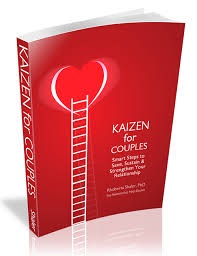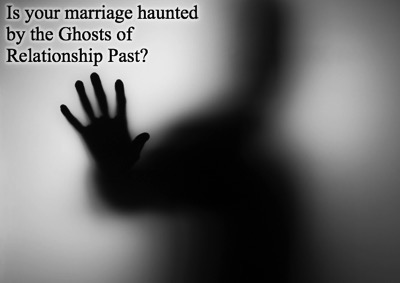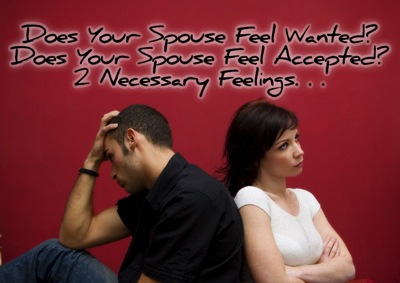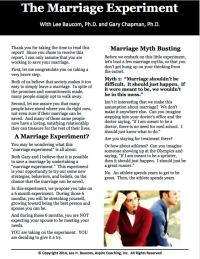Marriage Wrecker: Disconnection
https://savethemarriage.com/stmblog/wp-content/themes/corpus/images/empty/thumbnail.jpg 150 150 Lee H. Baucom, Ph.D. Lee H. Baucom, Ph.D. https://secure.gravatar.com/avatar/669b7e375d93f77521ddaba08adb8063?s=96&d=blank&r=pg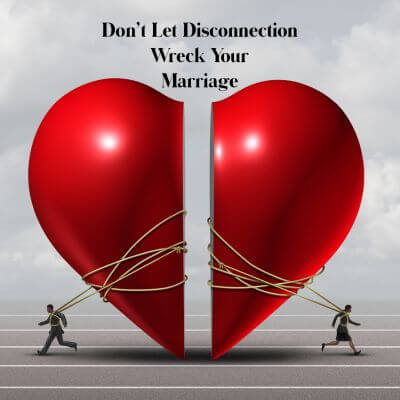 Your marriage is hurting. Why? What happened? What wrecked your marriage?
Your marriage is hurting. Why? What happened? What wrecked your marriage?
In the last podcast episode, I discussed how expectations can wreck a marriage.
But unfortunately, there are some other issues and concerns that can wreck your marriage. This week’s Marriage Wrecker is right at the top of the list.
In fact, it is a recurring theme in my work with couples. After discussing it in several coaching sessions in the last few days, I thought it was a good topic for an episode of the Save The Marriage Podcast.
What is connection? What is DISconnection… and why does it happen? We start there. We discuss how connection is the life-blood of your relationship… and what happens when it gets squeezed off… often for what seem like good reasons!
The result, though, is the same, even when disconnection is unintentional. (And it almost always is.)
I also cover what to do when you realize the cycle and are ready to break it (what to know and how to approach it, so you don’t get thrown off).
Listen to this important episode below.
RELATED RESOURCES
Danger of Expectations
Connection and Disconnection Resources
Pause Button Marriage
Book: How To Save Your Marriage In 3 Simple Steps
System: Save The Marriage
Podcast: Play in new window | Download
Subscribe: RSS

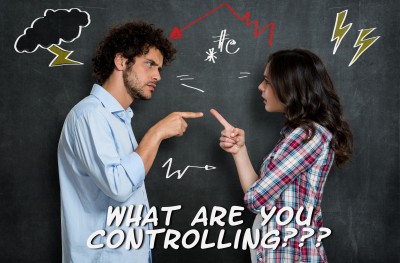 So many times, I hear couples say, “Stop Controlling ME!” Interestingly, sometimes, both people are saying it to the other. BOTH people are not likely to get very far in controlling. But BOTH claim a controlling spouse, while NEITHER accepts being controlling.
So many times, I hear couples say, “Stop Controlling ME!” Interestingly, sometimes, both people are saying it to the other. BOTH people are not likely to get very far in controlling. But BOTH claim a controlling spouse, while NEITHER accepts being controlling.



